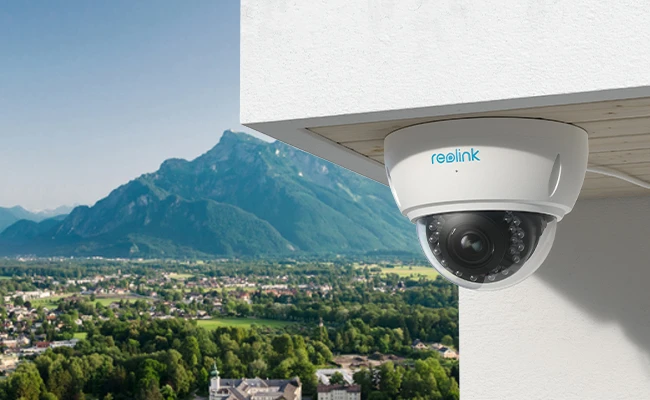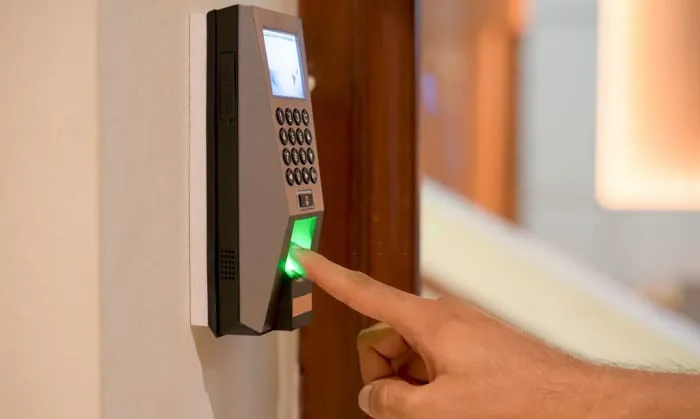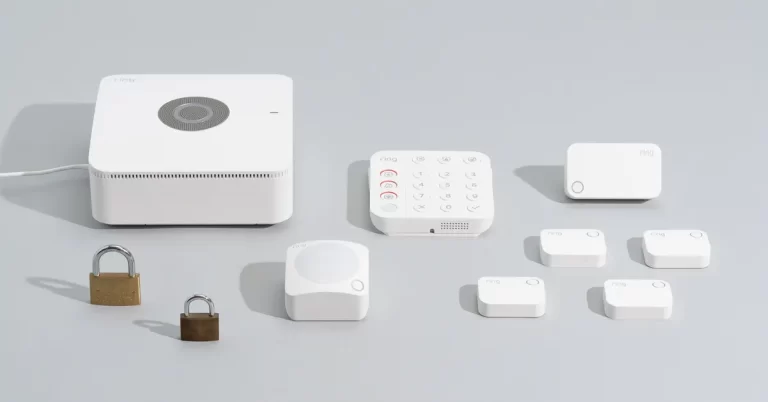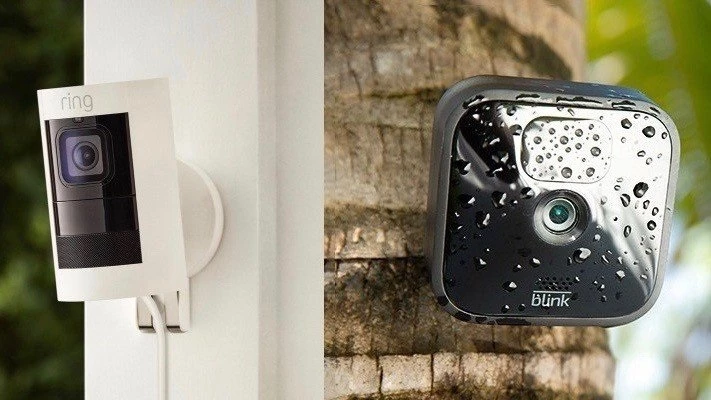What Are the Main Applications of CCTV?
What are the main applications of CCTV? Whether it’s monitoring public spaces, protecting homes, or improving workplace safety, CCTV plays a vital role. Let’s explore the wide range of applications and benefits CCTV offers.
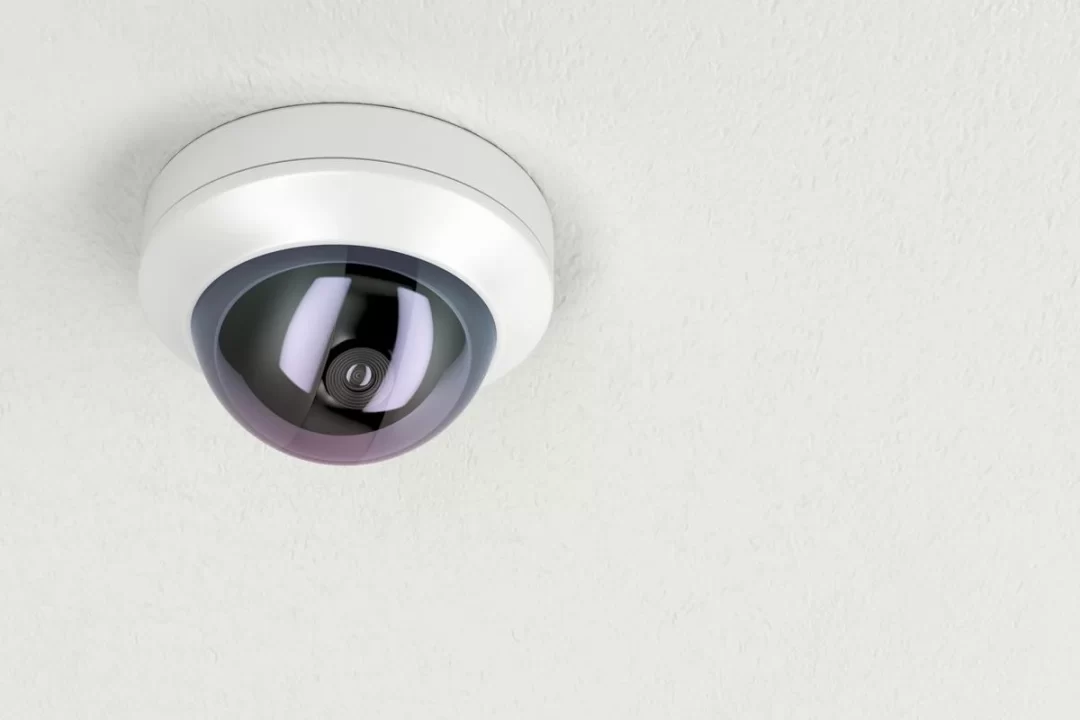
What Are the Main Applications of CCTV?
The table below presents a comprehensive outline of the ten main applications of CCTV, followed by detailed content for each heading:
1. Public Safety and Surveillance
Public safety and surveillance are among the primary applications of CCTV systems. Public surveillance cameras play a crucial role in deterring criminal activities and ensuring the safety of citizens.
These cameras are strategically placed in public spaces, such as streets, parks, and shopping centers, to monitor and record activities.
The presence of CCTV cameras acts as a deterrent, reducing the likelihood of crime. In case of any incidents, the recorded footage helps in investigations and identifying suspects.
2. Home Security
Residential CCTV systems have gained immense popularity as a reliable means of home security. Homeowners install CCTV cameras to monitor their property and deter potential intruders.
These systems provide a sense of security and peace of mind, allowing homeowners to remotely monitor their homes through mobile applications.
In addition to deterring burglars, CCTV footage can serve as evidence in case of a break-in or vandalism.
3. Retail Loss Prevention
Video surveillance plays a significant role in retail stores for loss prevention. Retailers employ CCTV cameras to monitor customers, employees, and inventory.
The presence of surveillance cameras discourages shoplifting and employee theft. Additionally, CCTV systems help in investigating incidents of theft and identifying shoplifters.
The footage obtained can also be used for training purposes and improving store layouts to enhance security.
4. Workplace Security
CCTV systems are extensively used in workplaces to ensure the security and safety of employees, visitors, and company assets.
Employee monitoring with CCTV cameras helps prevent unauthorized access, monitor employee behavior, and detect any suspicious activities.
These systems also act as a deterrent against workplace violence and improve overall security measures.
Employers can review the recorded footage to investigate accidents, resolve disputes, and maintain a secure working environment.
5. Traffic Monitoring
CCTV cameras play a crucial role in traffic monitoring and management.
These cameras are strategically positioned at traffic intersections, highways, and tunnels to monitor traffic flow, detect accidents, and enforce traffic regulations.
By capturing real-time footage, traffic authorities can make informed decisions, optimize traffic signals, and ensure the smooth flow of vehicles.
CCTV systems in traffic monitoring significantly contribute to road safety and congestion reduction.
6. Industrial Surveillance
CCTV systems find extensive applications in industrial settings to enhance safety, monitor operations, and prevent theft.
These cameras are installed in manufacturing plants, warehouses, and distribution centers to monitor critical areas, machinery, and employee activities.
By actively monitoring industrial processes, CCTV helps identify potential hazards, ensure compliance with safety protocols, and improve overall productivity.
7. Educational Institutions

Security cameras are increasingly becoming commonplace in educational institutions, including schools and universities. CCTV systems help monitor campus activities, deter vandalism, and enhance student safety.
These systems can be used to identify unauthorized individuals, track visitor movements, and maintain a secure learning environment.
CCTV footage can serve as evidence in disciplinary actions or investigations into incidents on campus.
8. Healthcare Facilities
Video monitoring systems are vital in healthcare facilities, including hospitals, clinics, and nursing homes.
CCTV cameras help monitor sensitive areas, such as emergency rooms and drug storage areas, to prevent unauthorized access and ensure patient safety.
Additionally, these systems aid in monitoring patients, preventing theft of medical supplies, and enhancing overall security within healthcare premises.
9. Transportation Security
CCTV plays a critical role in ensuring transportation security, particularly in public transport systems.
Cameras installed in buses, trains, and stations help deter criminal activities, monitor passenger behavior, and enhance the safety of commuters.
The recorded footage can be invaluable in investigating incidents, identifying suspects, and maintaining public order. Transportation authorities widely rely on CCTV systems for effective security management.
10. Critical Infrastructure Protection
Surveillance systems are crucial for protecting critical infrastructure, such as power plants, airports, and government facilities. CCTV cameras help monitor restricted areas, detect security breaches, and prevent potential threats.
By providing real-time monitoring and recording capabilities, these systems aid in safeguarding vital assets, ensuring public safety, and maintaining the integrity of critical infrastructure.
Conclusion
CCTV systems have become an indispensable tool for enhancing security, surveillance, and safety across various industries and settings.
From public safety and home security to retail loss prevention and workplace monitoring, the applications of CCTV are vast and diverse.
READ ALSO!!!
